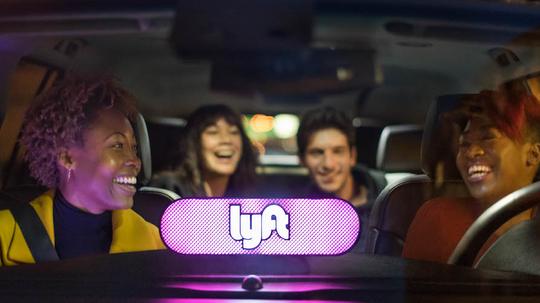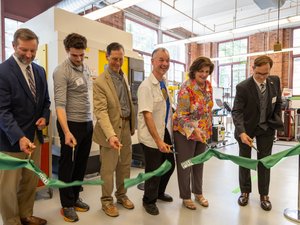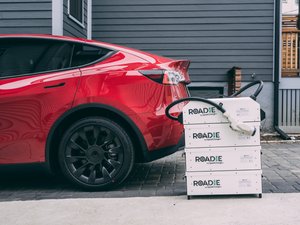
Ridesharing apps are shuttling more users than ever, but not enough to make a dent in car-ownership.
In its Economic Impact Report, Lyft noted that 48 percent of its users in Boston do not own or lease a car. However, the car sales were steady last year, and the industry sold about 17.3 million vehicles in 2018, according to The Wall Street Journal.
The ridesharing company that opened its first New England hub in Medford in 2018 said that Lyft users saved 6.4 million hours in 2018 compared to other transportation methods. The company also acquired Motivate, the country’s largest bike-sharing service in June.
“Every day, people are using Lyft in Boston as a way to connect with their community, support local businesses, and commute more efficiently,” said Tyler George, general manager, Lyft New England, in the Lyft Economic Impact Report.
Other notable findings in the Boston Lyft Economic Impact Report were:
- 71 percent of non-car owners in Boston say the rideshare application impacted their decision to not own or lease a personal vehicle
- 34 percent of riders spend more at local businesses as a result of using Lyft
- 63 percent are less likely to drive substance impaired due to the availability of Lyft
- 60 percent of riders explore more areas of their city as a result of using Lyft
- 96 percent of drivers say a flexible schedule is very or extremely important








